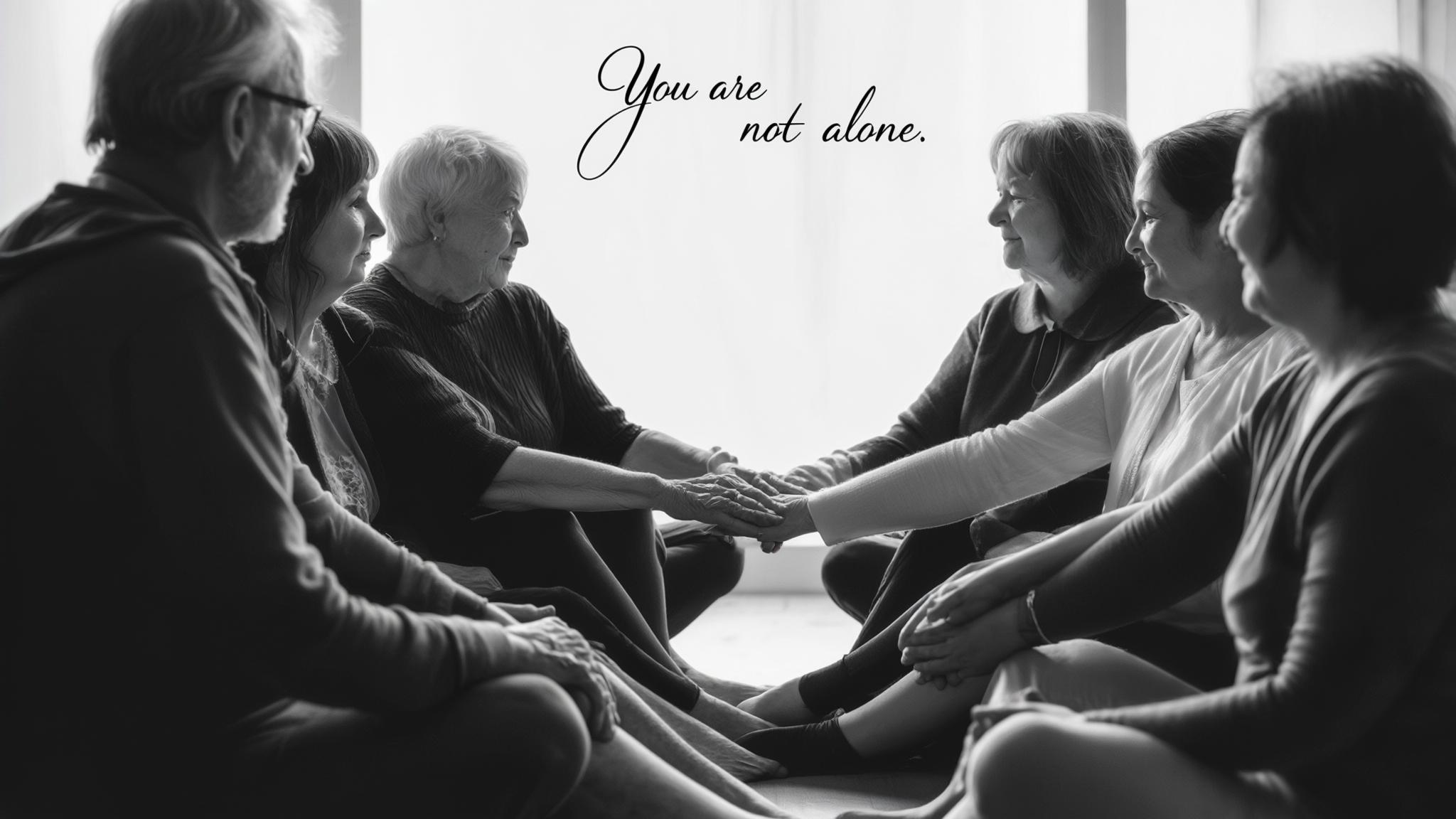Introduction
"Grief is not a sign of weakness, nor a lack of faith... It is the price of love." – Author Unknown
Grief is an emotional journey that many of us will face at some point in our lives, whether due to the loss of a loved one, a divorce, or other significant life changes. Group therapy has emerged as a powerful tool for those navigating this tumultuous journey. This article delves into the role of group therapy in processing grief and loss, outlines its myriad benefits, explores its structure, and shares personal stories that embody the healing potential of shared support.
Section 1: Understanding Grief and Loss
1.1 Definition of Grief
Grief is the multifaceted response to loss that encompasses emotional, physical, and psychological aspects. It differs from mourning, which is the external expression of grief, and bereavement, which denotes the state of having lost someone. Grief can manifest in diverse ways, from sadness and despair to anger and confusion.
1.2 Stages of Grief
One of the most recognized models of understanding grief is the Kübler-Ross model, which outlines five stages:
- Denial
- Anger
- Bargaining
- Depression
-
Acceptance
However, it is critical to understand that grief is not linear; individuals may cycle through these stages in unique and personal ways.
1.3 The Impact of Loss
The psychological and emotional toll of losing a loved one can be profound. Individuals may experience a spectrum of responses including anxiety, depression, and social withdrawal. Recognizing these symptoms can help in seeking appropriate support.
Section 2: The Role of Group Therapy in Grief Support
2.1 What is Group Therapy?
Group therapy involves a trained facilitator leading sessions where participants share their thoughts and feelings. Types of group therapy vary, including support groups, where the focus is on sharing experiences, and process groups, where the emphasis is on interpersonal interactions and dynamics.
2.2 Benefits of Group Therapy for Grief
- Shared Experience: Group therapy provides a platform where individuals can share their unique stories, reinforcing the understanding that they are not alone in their grief.
- Validation: Participants often find validation in their emotions and experiences, countering feelings of isolation.
- Connection: Establishing social support through these groups is vital for healing, as connections formed within the group can last beyond therapy.
- Coping Strategies: Members learn from one another, picking up new coping mechanisms that may assist them in their healing journey.
2.3 Structure of Grief Support Groups
Generally, grief support groups can be classified into open or closed formats, with sessions lasting typically from 60 to 90 minutes. The facilitator plays a crucial role in creating a safe and supportive environment that encourages sharing and mutual respect.
Section 3: Personal Stories and Testimonials
3.1 Case Studies
Throughout my experience, I’ve encountered numerous individuals whose grief journeys have been transformed through group therapy. For instance, a woman who lost her spouse found solace in sharing her experiences, revealing how the creativity and insights of others opened new avenues for her own healing.
3.2 Testimonials
Participants often share how group therapy has enabled them to express unspeakable feelings, with one stating, "In that group, I learned it was okay to not be okay. We carried each other's burdens together." You could see how each shared moment helped dissolve the heavy cloud of grief.
Section 4: Practical Considerations
4.1 Finding a Group Therapy Program
To find the right grief support group:
- Explore local mental health facilities and community centers.
- Utilize online databases and resources that provide listings specifically for grief therapies.
- Ensure the group you choose aligns with your comfort level and needs.
4.2 Preparing for Group Therapy
Though joining a group can be daunting, understanding what to expect can ease anxieties. Common fears include the worry of being judged or misunderstood, but it’s important to remember that each member is there to support the other.
4.3 The Role of Professional Guidance
Having a licensed therapist or counselor facilitate these groups cannot be overstated. They ensure that ethical considerations are upheld and that the environment remains confidential and secure for all participants.
Section 5: Conclusion
In summary, group therapy provides a powerful avenue for navigating the complexities of grief and loss. Participants can experience healing through validation, shared experience, and newfound coping strategies. If you or someone you know is struggling with grief, consider reaching out to find support.
References
- Kübler-Ross, E. (1969). On Death and Dying. Scribner.
- Worden, J. W. (2009). Grief Counseling and Grief Therapy: A Handbook for the Mental Health Practitioner. Springer Publishing.
- National Alliance for Grieving Children. www.childrengrieve.org
Appendices
- Sample Group Therapy Session Agenda
- Introductions
- Sharing of recent experiences
- Focused discussion on specific topics
- Closing reflections
- Recommended Readings:
- The Grief Recovery Handbook by John W. James and Russell Friedman
- Finding the Light in Grief by Lara T. Heller

